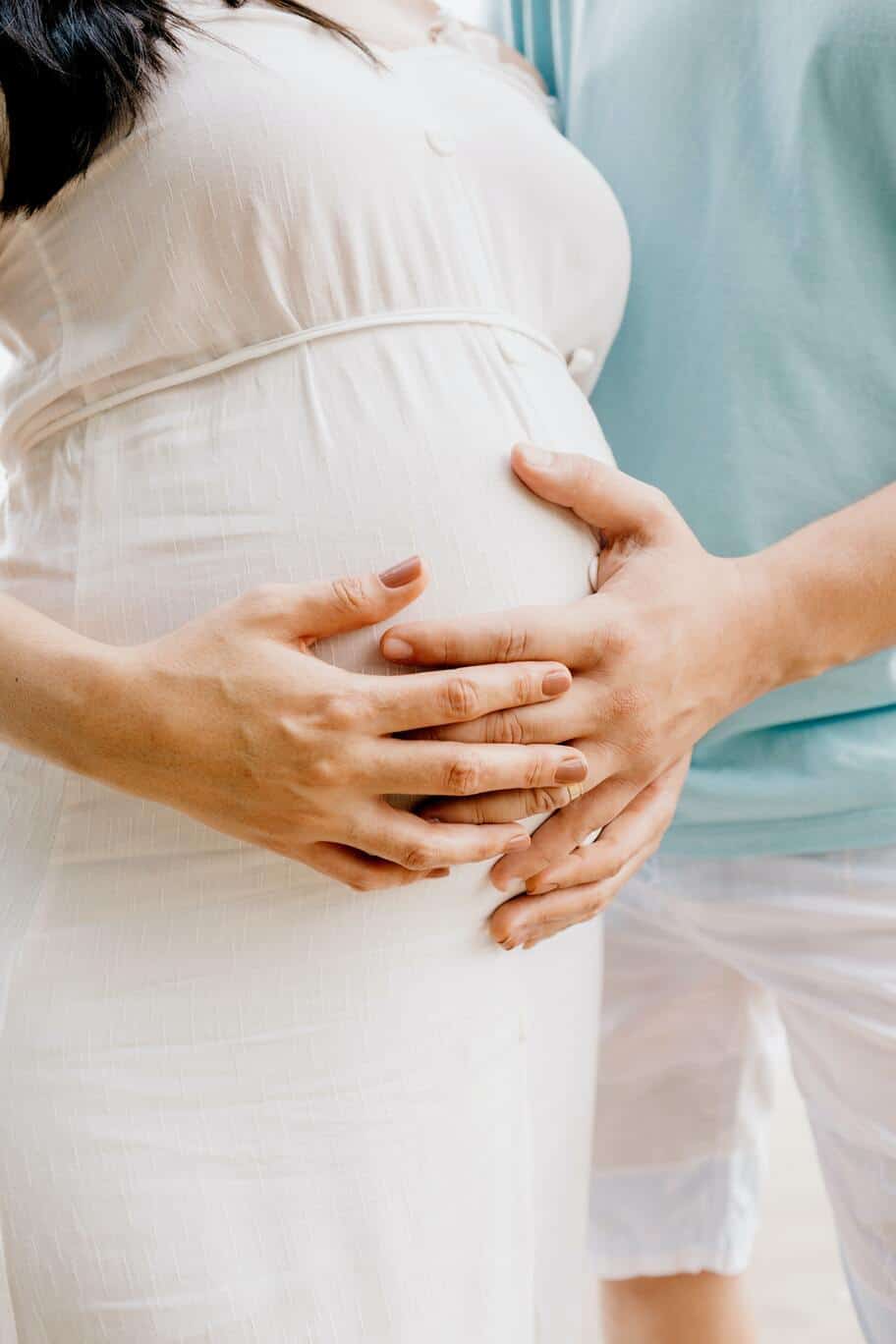
February 22, 2022
Joy, excitement, and anticipation accompany pregnancy and childbirth. But why do some mothers not experience this “wonderful” feeling? Postpartum depression occurs after having a baby is called postpartum depression. Postpartum depression is more intense and lasts longer than baby blues, a phrase used to describe the worry, sadness, and fatigue many women experience after giving birth. Symptoms of “baby blues” usually resolve on their own within a few days. In addition, postpartum depression can aggravate existing mental health issues during pregnancy, during the delivery, and afterward. Both mother and baby may be adversely affected.
At Therapy By Angelina, we have observed a number of clients who meet criteria for both acute stress disorder (ASD) and postpartum depression. PTSD and depression are closely related. A study conducted by Shalev et al. (1998) found that 44.4% of traumatized individuals suffered from comorbid depression one month after the trauma occurred, and 43.2 percent continued to experience symptoms four months after the trauma.
In addition, the Diagnostic and Statistical Manual, fifth edition (DSM-5) – used by mental health professionals to make diagnoses – states that people with a PTSD diagnosis are 80 percent more likely to also meet criteria for another mental health disorder than those without.
Symptoms of Postpartum Depression
Individuals may experience postpartum depression symptoms differently, including how often, for how long, and how intensely they feel. The symptoms of postpartum depression are similar to those of depression, but also include:
©2025 Angelina H. Rodriguez, Ph.D., LPC-AT/S, ATR-BC
4747 Bellaire Blvd., Ste. 545, Bellaire, Texas 77401 | Call 832-986-8477
Office Hours: MON - FRI 9:00 am to 6:00 pm
Privacy Policy | Site Map
Leave a Reply